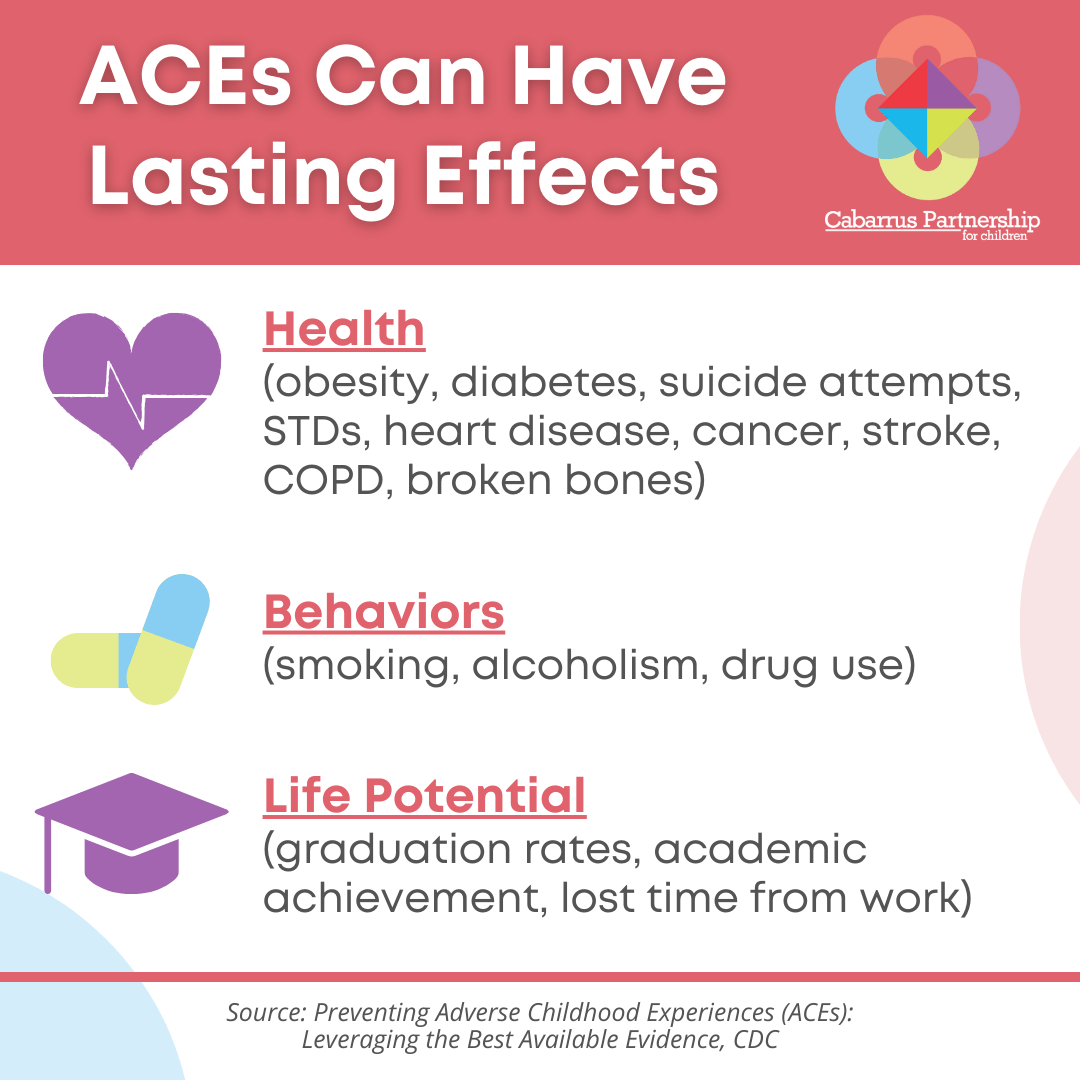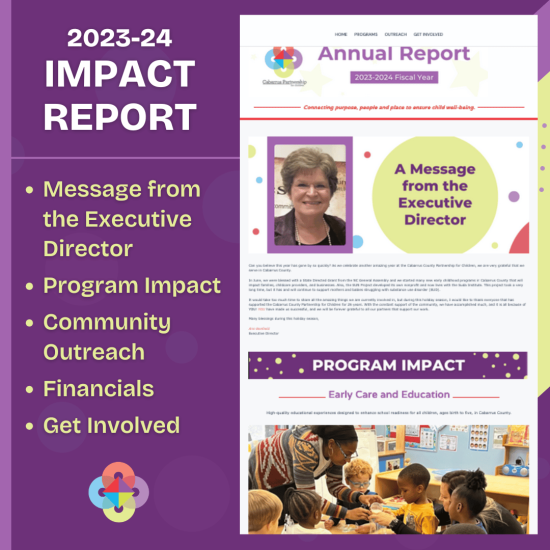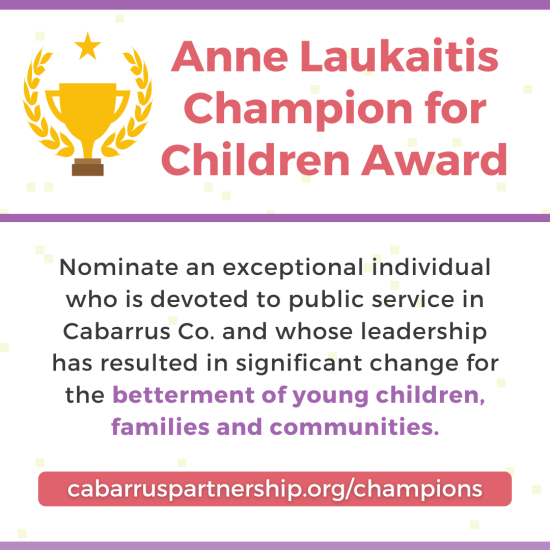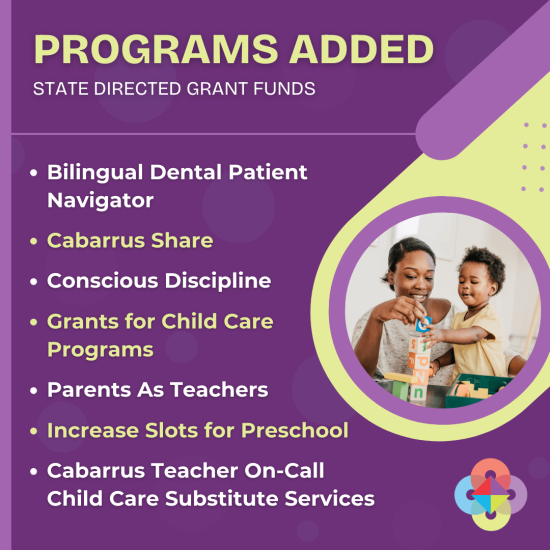Adverse Childhood Experiences (ACEs)
 Adverse Childhood Experiences, or ACEs, can be traumatic events that occur in childhood (0-17 years).
Adverse Childhood Experiences, or ACEs, can be traumatic events that occur in childhood (0-17 years).
For example:
- Experiencing violence, abuse, or neglect
- Witnessing violence in the home or community
- Having a famiy member attempt or die by suicide
Also included are parts of the child's environment that can damage their sense of safety, stability, and bonding such as growing up in a household with:
- Substance abuse
- Mental health problems
- Instability due to parental separation or household members being in jail or prison
ACEs are interconnected to chronic health problems, mental illness, and substance abuse in adulthood. They can also adversely impact education and job opportunities. However, ACEs can be prevented (Source: CDC)
How Big Is the Problem?
ACEs are common. About 61% of adults surveyed across 25 states reported that they had experienced at least one type of ACE, and nearly 1 in 6 reported they had experienced four or more types of ACEs.
Preventing ACEs could potentially reduce a large number of health conditions. For example, up to 1.9 million cases of heart disease and 21 million cases of depression could have been potentially avoided by preventing ACEs.
Some children are at greater risk than others. Women and several racial/ethnic minority groups were at greater risk for having experienced 4 or more types of ACEs.
ACEs are costly. The economic and social costs to families, communities, and society totals hundreds of billions of dollars each year.
Consequences
ACEs can have lasting, negative effects on health, well-being, and opportunity. These experiences can increase the risks of injury, sexually transmitted infections, maternal and child health problems, teen pregnancy, involvement in sex trafficking, and a wide range of chronic diseases and leading causes of death such as cancer, diabetes, heart disease, and suicide.
ACEs and associated conditions, such as living in under-resourced or racially segregated neighborhoods, frequently moving, and experiencing food insecurity, can cause toxic stress (extended or prolonged stress). Toxic stress from ACEs can change brain development and affect such things as attention, decision-making, learning, and response to stress.
Children growing up with toxic stress may have difficulty forming healthy and stable relationships. They may also have unstable work histories as adults and struggle with finances, jobs, and depression throughout life. These effects can also be passed on to their own children. Some children may face further exposure to toxic stress from historical and ongoing traumas due to systemic racism or the impacts of poverty resulting from limited educational and economic opportunities.
(Source: CDC, Preventing Adverse Childhood Experiences | Violence Prevention)
ACES RESOURCE CENTER
Facts ABOUT ACEs
Videos to Watch
- Adverse Childhood Experiences Overview (Baptist Memorial Health Care)
- Dr. Robert Anda: What Does the ACE Score Mean?
- Nadine Burke Harris: How Childhood Trauma Affects Health Across a Lifetime (TED Talk)
- Preventing Adverse Childhood Experiences Online Training Module 1, Lesson 1 (CDC)
- Preventing Adverse Childhood Experiences Online Training Module 2, Lesson 1 (CDC)
- 5 Steps for Brain-Building Serve and Return (Center for the Developing Child at Harvard)
- Building Babies' Brains Through Play (Center for the Developing Child at Harvard)
Articles
- "A Different Distribution of Power": ACEs, Trauma and Resilience Networks Sharpen Focus on Racial Justice and Equity (ACEs Connection)
- "Parenting in an Age of Uncertainty with Dr. Ken Ginsburg" (ACEs Connection)
- "Supporting Children's Development During the Pandemic" (The New Yorker)
- Marijuana and Pregnancy (SAMHSA)
- "Children Who Get Hugs Tend to Become Happier Adults" (ACEs Connection)





